News
-
 Health & Medicine
Health & MedicineThe United States and Brazil top the list of nations with the most gun deaths
Globally, the estimated number of gun deaths due to homicides, suicides and unintentional injuries went up from 1990 to 2016.
-
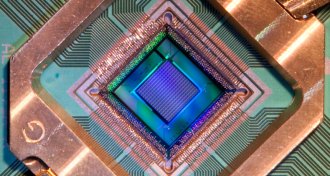 Quantum Physics
Quantum PhysicsQuantum computer simulates two types of bizarre materials
In calculations involving about 2,000 quantum bits, a D-Wave machine reproduced the behavior of exotic substances.
-
 Health & Medicine
Health & MedicineAs algae blooms increase, scientists seek better ways to predict these toxic tides
Scientists around the United States are developing programs that can predict harmful algal blooms in advance.
-
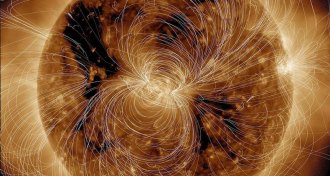 Astronomy
AstronomyStrange gamma rays from the sun may help decipher its magnetic fields
The sun spits out more and weirder gamma rays than anyone expected, which could give a new view of the sun’s magnetic fields.
-
 Chemistry
ChemistryLithium-oxygen batteries are getting an energy boost
A new version of the lithium-oxygen battery could pack more energy and last longer than its predecessors.
-
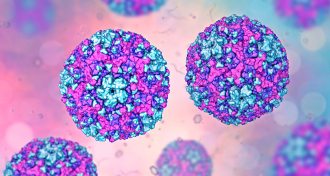 Life
LifeWe may now know when hand, foot and mouth disease outbreaks will occur
Birthrates and immunity rates predict the spread of viruses that cause hand, foot and mouth disease.
-
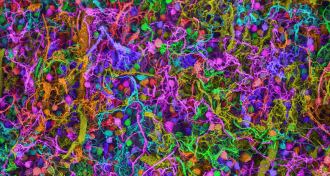 Neuroscience
NeuroscienceHow antibodies attack the brain and muddle memory
Human antibodies that target key brain proteins cause memory trouble when delivered into mice’s brains.
-
 Quantum Physics
Quantum PhysicsA new quantum device defies the concepts of ‘before’ and ‘after’
Two events can happen in different orders at the same time, thanks to quantum physics.
-
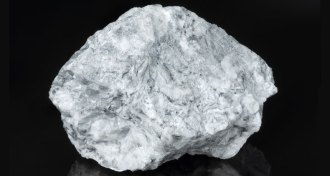 Earth
EarthScientists create a mineral in the lab that captures carbon dioxide
Magnesite takes a long time to form in nature. Now, a team has found a way to speed up the making of the mineral, which can store carbon dioxide.
-
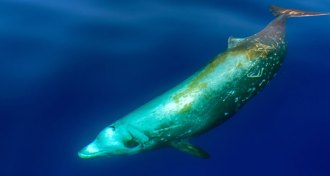 Oceans
OceansBeaked whales may frequent a seabed spot marked for mining
Grooves in the seafloor may signal that whales visit a region that is a prime target for future seabed mining.
-
 Astronomy
AstronomyFive things we learned from last year’s Great American Eclipse
A year after the total solar eclipse of 2017, scientists are still pondering the mysteries of the sun.
-
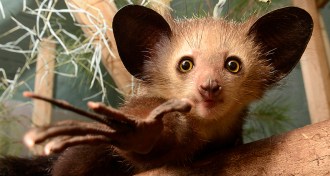 Anthropology
AnthropologyA fossil mistaken for a bat may shake up lemurs’ evolutionary history
On Madagascar, a type of lemur called aye-ayes may have a singular evolutionary history.
By Bruce Bower